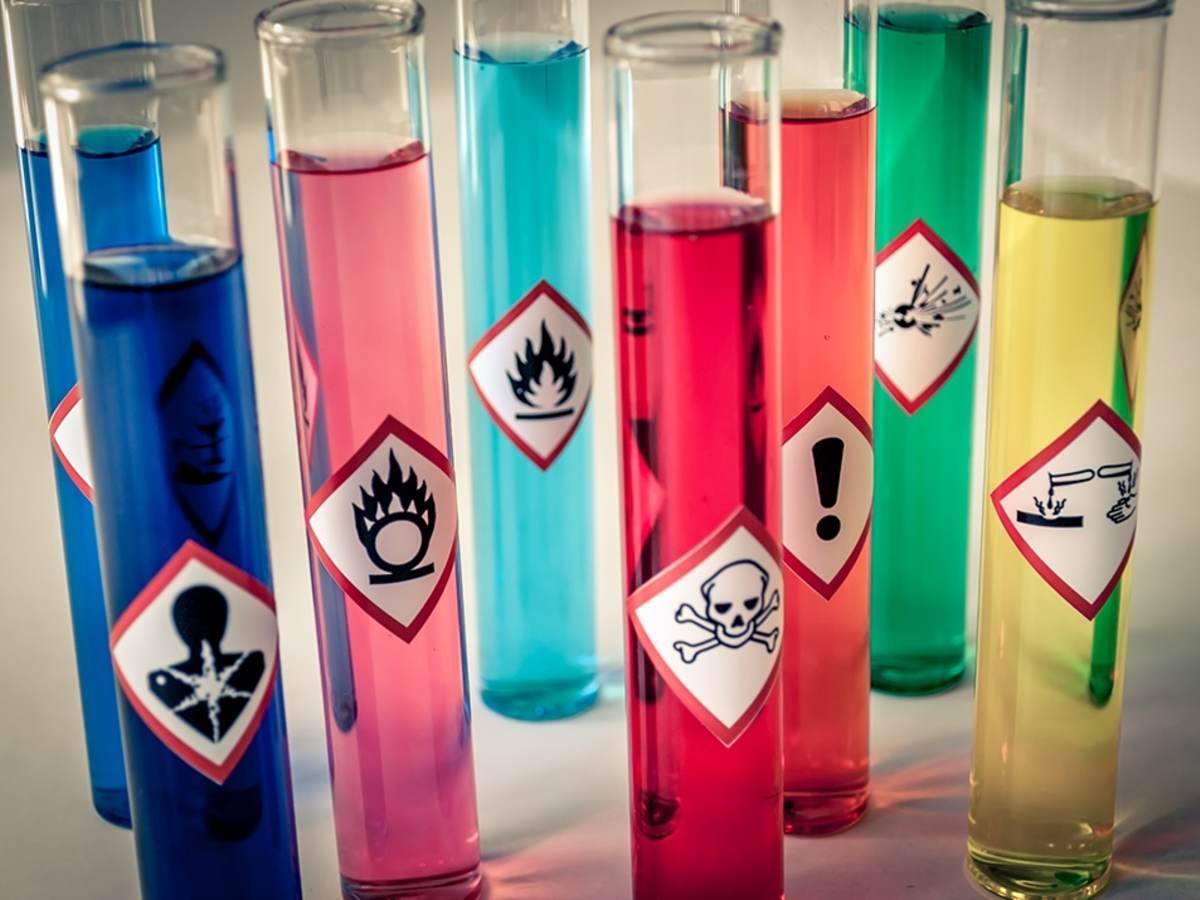November 13, 2023
By Krystal Spickler, program manager, Supply Chain team, UL Solutions
A recent bout of legislative activity in California over the last several months brings new laws—several of which are the first of their kind at the state level. These laws impact a wide range of industries, including consumer products, food, and chemicals. Three also impose new requirements for climate related claims and reporting obligations. Below is a summary of each and recommended next steps.
- SB-253: Reporting entities (U.S organized entity doing business in California that has a total annual revenue greater than $1B) must disclose their greenhouse gas emissions (Scope 1, 2, and 3) to a reporting organization. Scope 1 and 2 reports are expectantly due in 2026 (specific date to be determined) and annually following that. Scope 2 emissions begin in 2027 and must be filed within 180 days of Scope 1 and 2 emissions data.
- SB-261: Covered entities (U.S. organized entity doing business in California and has a total annual revenue greater than $500M) must file a climate-related financial report by Jan. 1, 2026 and biennially following that. Disclosures must include climate-related financial risks and measures adopted to reduce and adapt to any identified risks.
- AB-363: Beginning Jan. 1, 2025, a person shall not sell, possess, or use a pesticide containing one or more neonicotinoid pesticides for any use that is excluded from the definition of “agricultural use” ion nonproduction outdoor ornamental plants, trees, or turf. Exceptions exist for use and possession by state certified applicators and sale by state licensed pest control dealers.
- AB-418: After Jan. 1, 2027, brominated vegetable oil (CAS no. 8016-94-2), potassium bromate (CAS no. 7758-01-2), propylparaben (CAS no. 94-13-3) and red dye 3 (CAS no. 16423-68-0) are prohibited in food.
- AB-496: Amends the existing Toxic Free Cosmetics Act to add 26 new substances or groups of substances prohibited for intentional use in cosmetics after Jan. 1, 2027. Among these are styrene, vinyl acetate, and a number of dyes or colors.
- AB-1059: On and after Jan. 1, 2027, manufacture, sale, or distribution of any not previously owned juvenile product, mattress, or upholstered furniture that contains (or a constituent component which contains) textile fiberglass is prohibited. It is also prohibited to repair, reupholster, recover, restore, or renew any such product as the same using replacement components containing textile fiberglass.
- AB-1109: Beginning July 1, 2024, it is prohibited to sell sodium nitrite to a person under 18 years old and for sodium nitrite to be sold in concentrations greater than 10 percent to a person 18 years of age or older. Requirements apply to persons, retailers, and online marketplaces.
- AB-1210: Requires sodium nitrate sold at purity levels greater than 10% to be labeled with clear and conspicuous warnings on both the immediate container and shipping packaging, for example “WARNING: LETHAL TO INGEST. If ingested, call for emergency help. The recommended treatment for ingestion of sodium nitrite is intravenous methylene blue.”.
- AB-1305: Takes effect Jan. 1, 2024 and imposes a wide range of disclosure requirements on two types of entities operating in California. These include those that market or sell voluntary carbon offsets and those that purchase the offsets and rely on them to advertise climate goal claims. At a minimum, requirements vary from internet disclosures of data or specific protocols to support claims. Examples of claims used by companies purchasing offsets may include “carbon neutral” or net zero emissions.
- AB-1322: Effective Jan. 1, 2024, the rodenticide diphacinone is classified as a restricted material, which requires a license to apply, adds record-keeping requirements, and limits who can distribute or offer products containing it for sale. It also includes provisions relating to the existing law regulating second-generation anticoagulant rodenticides.
In addition to the above passed bills, there were also three bills specifically directed at PFAS passed by the legislature but vetoed by Governor Newsom. These include:
- AB-727 addressing PFAS in cleaning products, floor finishes and floor sealers
- AB-246 addressing PFAS in menstrual products
- AB-1423 addressing PFAS in artificial turf and synthetic surfaces resembling grass
Recommended action items
- Review the passed laws in their entirety with internal stakeholders
- Evaluate your company’s products sold in California to determine if they are in scope.
- Impacted businesses should identify and validate alternatives as necessary.
- Businesses subject to new environmental reporting or claims substantiation requirements should begin collecting the appropriate data or documentation.
References
Bill Text - SB-253 Climate Corporate Data Accountability Act. (ca.gov)
Bill Text - SB-261 Greenhouse gases: climate-related financial risk. (ca.gov)
Bill Text - AB-418 The California Food Safety Act.
Bill Text - AB-496 Cosmetic safety. (ca.gov)
Bill Text - AB-1109 Product sales: sodium nitrite. (ca.gov)
Bill Text - AB-1210 Sodium nitrite. (ca.gov)
Bill Text - AB-1305 Voluntary carbon market disclosures.
Bill Text - AB-1322 Pesticides: second-generation anticoagulant rodenticide: diphacinone. (ca.gov)
Bill Text - AB-1423 Product safety: PFAS: artificial turf or synthetic surfaces. (ca.gov)
Regulatory Roundup Newsletter
Never miss an update
UL Solutions, the global safety science leader, can keep you updated on the latest events with a variety of materials, ranging from the latest regulatory news, webinars, white papers, events, industry insights and more.
Subscribe to our monthly Regulatory Roundup Newsletter and stay up to date on current and upcoming regulations and all the latest chemical industry news.
Safety Data Sheet (SDS) Authoring and Labeling Services
Create, maintain and distribute comprehensive SDSs and labels to meet your increasingly complex global compliance requirements.
Chemical Regulatory Compliance
Manage your chemical compliance needs with the help of global regulatory expertise and leading resources.
Chemical Compliance Training
We provide a series of chemical regulatory training programs designed to help understand the diverse set of requirements and how to confront them.
Get connected with our sales team
Thanks for your interest in UL's products and services. Let's collect some information so we can connect you with the right person.





